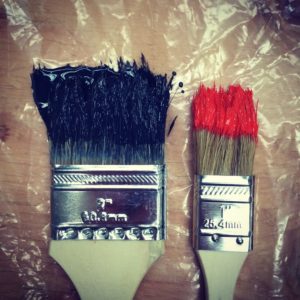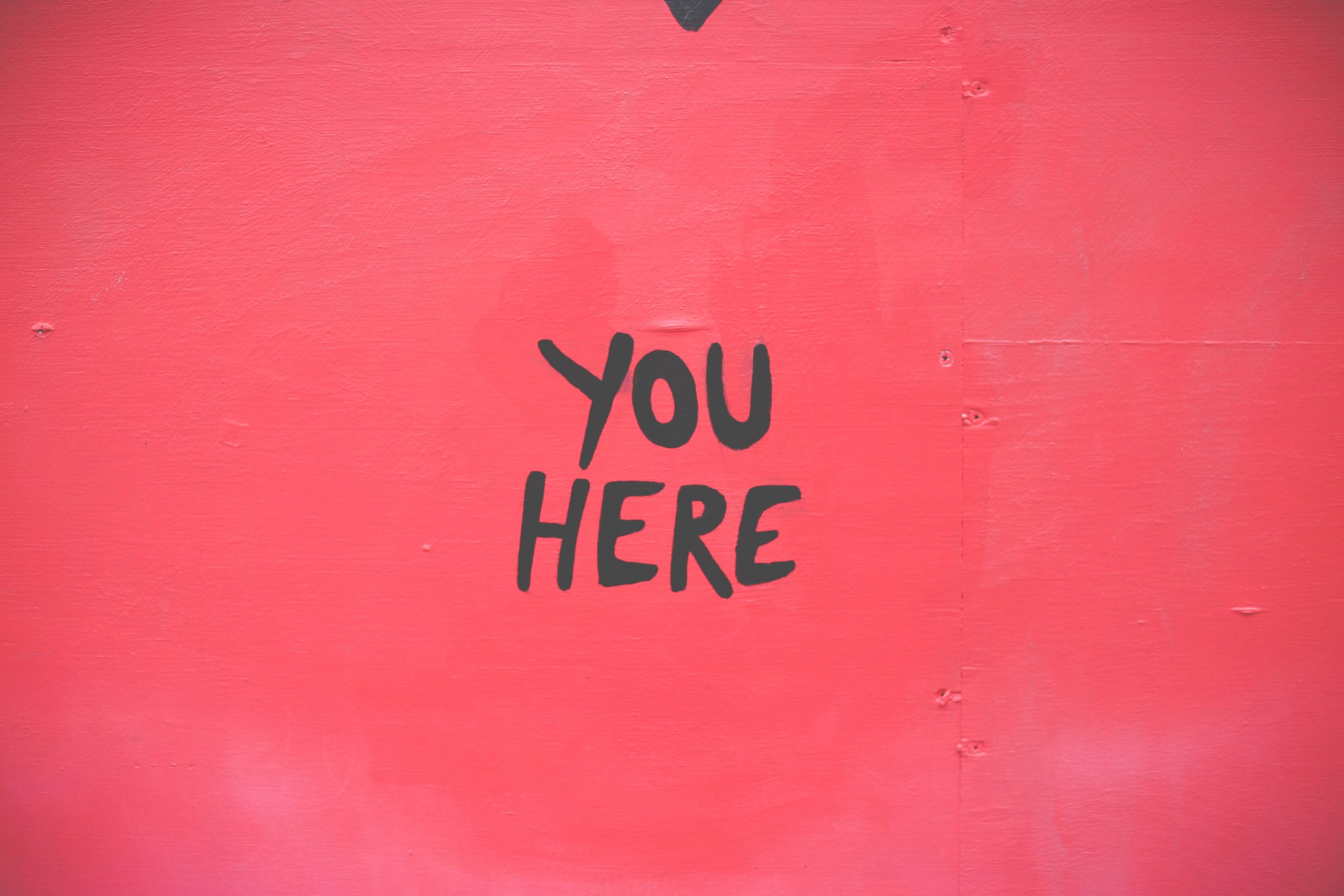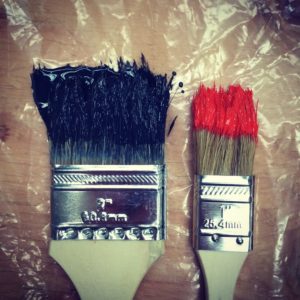Should Funerals Be Honest?
Should Funerals Be Honest?
A couple of days ago marked 4 years since I went through the training to become a Certified Celebrant with the Insight Institute. It was a perspective-altering experience that brought up a lot of uncertainty and discomfort with the way I had always seen funerals done.
 We’ve all heard the phrase, “Don’t speak ill of the dead,” a wise and kind principal, but an old and superstitious one too. This idea combined with our cultural avoidance of reality when it comes to unfixable pain, often resolves in nothing really true being said about a person at their own funeral.
We’ve all heard the phrase, “Don’t speak ill of the dead,” a wise and kind principal, but an old and superstitious one too. This idea combined with our cultural avoidance of reality when it comes to unfixable pain, often resolves in nothing really true being said about a person at their own funeral.
It is common and understandable for people in the tumultuous days of immediate grief, to wrap the deceased person in an idealistic list of words. In these stories, extreme words used like “he was the greatest” and “she never complained” run rampant (I feel especially cynical about the last one. If you never complain you’re probably not a person. ANYWAY). This extreme and absolute language becomes the safest and most comfortable way to talk about our loved ones – and we accept this. Our culture would be uncomfortable with a eulogist saying, “Yeah, he didn’t really try to be a good dad and he was pretty selfish, so we didn’t have a meaningful relationship and that makes me sad.” Can you imagine what that would be like? An honest funeral?
I think the tendency when we first hear the word “honest” in this context is to assume that it’s negative. No one wants a roast for a funeral, that would certainly be the wrong way to go. While honesty does offer an alternative to the exaggerated language we so easily toss around, it doesn’t mean the opposite of it. In fact, honesty is the middle ground that I think we should all be looking to step into.
Here’s an example for you:
Typical/idealized funeral tribute: “She was the best mom I could ever have asked for. She was always there for me and never made me feel unloved.”
Honest funeral tribute: “I admire how hard she tried. How when she struggled and sometimes got a little too angry, there would usually be a calmer conversation later. She valued her personal growth and our feelings and showed that to us with apologies and a mutual respect I didn’t see in other mothers.”
You can feel the heart in the second one, can’t you? It’s undeniably more fair, real, and in my opinion, more honoring to the woman’s life than the first. There is, perhaps, something for each of us to learn from this woman.

With the two tribute styles above in mind, I have couple questions for you:
- Which offers something of value to the listener?
- Is there one you relate to more?
- Which would you walk away from having heard and felt grateful and moved?
My feeling is the honest tribute is the more profound and meaningful of the two.
So, what would happen at an honest funeral? Well, a few things that I think would be deeply beneficial:
- We would recognize the person being talked about. My first and favorite celebrant funeral I attended opened with these words from Celebrant, Keith Page, “Smart ass, truck driving, Bud drinking …” and everyone nodded their heads – THIS was an accurate description of the man we were there to remember.
- We could learn something lasting and meaningful. Instead of a recitation of facts, we might learn something about our friend and more about humanity. Don’t give the clichés, give me something that can help me live my life better because of them.
- We would experience a greater acceptance of others and ourselves. That funeral for the “smart ass” was remarkable. It memorialized someone who struggled with addiction, PTSD, and deep emotional pain. It humanized an addicted Vietnam Veteran, it invited me to the realization that we are all in search of love – and sometimes, even when it’s in our face, we don’t feel we deserve it. His story was basic and tragically human – and even now, 4 years later – I am still moved by his story.
I believe that when honesty is invited to the table the opportunities for growth, respect and love are multiplied. We are all humans and we all love humans. Let’s stop burying the “greatest people who ever lived” and bury our troubled teens, our lonely widows, our workaholic fathers, our beloved but flawed mothers. Perhaps, if we are courageous enough to bury the true people we have loved, we can more clearly see how worthy of love we are ourselves.





9 Comments
Molly – I love your post and thoughtfulness. Let the truth set us free, it maybe painful for some. I believe most people can identify with the truth and learn from it. You have my permission to roast me, actually I would prefer it!!!
Molly…a very thought provoking piece. For years it has been difficult for people to talk about death. Proposing honesty in those discussions is a great idea. Now all we have to do is convince people that it’s OK. Hopefully the way things are changing in society will make this possible in the near future.
Nice Blog!! The content you have shared is very elaborative and informative. Thanks a lot for sharing such a great piece of knowledge with us.
I’m going to a funeral next week. The civil celebrate has assumed and was led to believe that the deceased was a warm, kind, caring, generous, wonderful human being, she was not. How do I deal with the funeral when this is what is going to be said, but I know it’s not true?